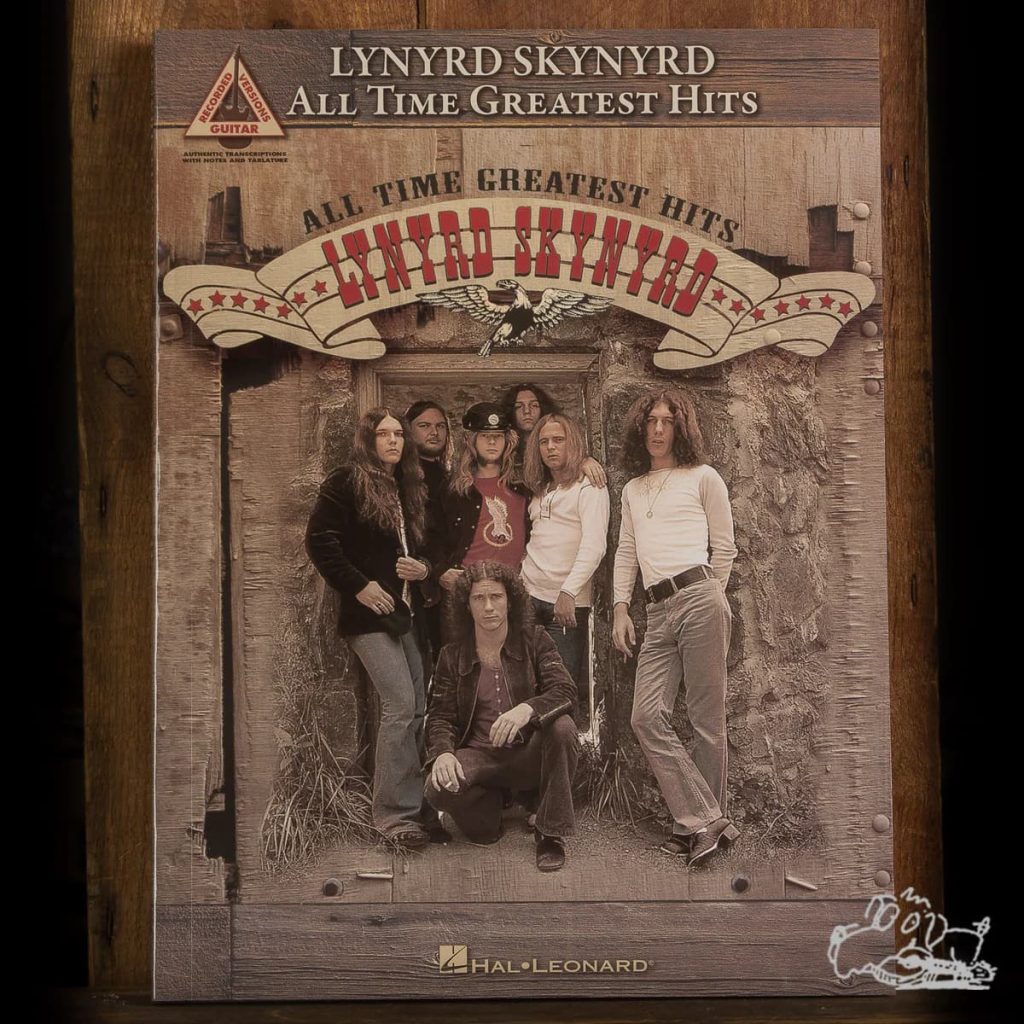
Lynyrd Skynyrd’s “Free Bird”: A Rock Anthem for the Ages
Few songs in rock history carry the emotional weight, technical prowess, and enduring legacy of Lynyrd Skynyrd’s “Free Bird.” Written by guitarist Allen Collins and vocalist Ronnie Van Zant, this masterpiece debuted on their 1973 self-titled album and quickly became the definitive anthem for the band. The song’s powerful combination of heartfelt lyrics and one of the most iconic guitar solos ever recorded solidified its place as a staple of classic rock, resonating with listeners across generations.
At its heart, “Free Bird” is a poignant meditation on freedom, love, and the inevitability of change. The lyrics, delivered with raw sincerity by Van Zant, tell the story of a man who cannot stay tied down, despite the love he feels. Lines like “If I leave here tomorrow, would you still remember me?” evoke a deep sense of longing and bittersweet parting, capturing the universal tension between commitment and the need for personal freedom. It is a song that speaks not just to relationships but to the human desire to break free, to soar unencumbered like the titular bird.
Musically, “Free Bird” is a marvel of structure and execution. The first half is a soulful ballad, its understated arrangement driven by Van Zant’s emotive vocals and Collins’ gentle guitar arpeggios. This section builds in intensity, setting the stage for the song’s explosive second half—a nearly five-minute instrumental crescendo that features one of the most celebrated guitar solos of all time. Collins’ and Gary Rossington’s dueling guitars create a symphony of electrifying licks and soaring melodies, showcasing their technical mastery and emotional depth. It’s a solo that transcends mere technique, becoming a visceral experience that captures the listener’s imagination every time.
“Free Bird” also stands as a testament to Lynyrd Skynyrd’s identity as Southern rock pioneers. The song embodies the spirit of the South—its pride, resilience, and unyielding love of freedom—while blending blues, rock, and country influences into a cohesive and compelling sound. Its live performances, often stretching well beyond 14 minutes, became legendary, with audiences captivated by the band’s ability to translate the song’s studio magic into an electrifying concert experience.
The song’s cultural impact is immense. From its initial release as a single in 1974—when it climbed to No. 19 on the Billboard Hot 100—to its reemergence on the charts in 1976 with a live version, “Free Bird” cemented itself as more than just a hit; it became a rite of passage for rock fans. Its soaring guitar solo was named among the greatest of all time by Guitar World, a testament to its enduring influence on musicians and listeners alike.
Beyond the accolades, “Free Bird” has become a cultural touchstone, a song that inspires spontaneous calls of “Play ‘Free Bird’!” at concerts of all genres, a humorous nod to its status as one of the most beloved and recognizable rock songs ever written. But beneath the jokes lies an undeniable truth: “Free Bird” speaks to something universal. Its themes of longing, freedom, and the inexorable passage of time resonate deeply, making it more than just a song—it’s a statement, a feeling, a journey.
For Lynyrd Skynyrd, “Free Bird” is more than their signature song; it is their legacy, a towering achievement that captures the essence of their artistry and spirit. It remains a staple on classic rock radio, its soaring melodies and heartfelt lyrics as powerful today as they were fifty years ago. “Free Bird” is not just a song to be heard; it is a song to be felt—a timeless anthem of the human spirit, forever yearning to fly free.